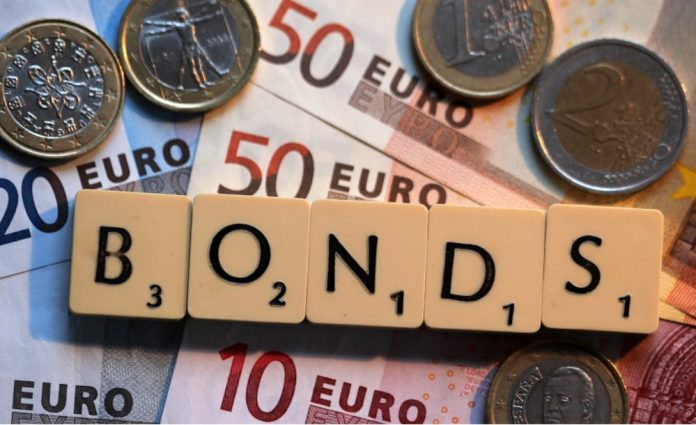LAHORE: Pakistan has been successful in raising $2.5 billion debt via the issuance of dollar-denominated debt as it seeks to shore-up its dwindling foreign exchange reserves.
$1 billion of a 5-year sukuk was issued at 5.635 per-cent and $1.5 billion of 10-year notes were issued at 6.875 per-cent respectively. The country’s foreign exchange reserves have fallen by 25pc till September 30th touching $13.3 billion. And worrying macro-economic indicators followed by widening current and trade deficits which had touched $14.4 billion by September end this year, left the government in a quandary.
To rein in imports, the government imposed regulatory duties on 700 items in October including luxury goods, which include cars, nail polish and other items. In an interview to Bloomberg, Commerce Secretary Mohammad Younas Dagha claimed imports would fall by over $2 billion, due to imposition of regulatory duties on over 700 imported items.
Pakistan has been clouted by political and economic uncertainty since end-July this year, with the recent religious protests last week leading to a virtual paralysis of Islamabad and Dar’s indictment, forcing him to abdicate his post of Finance Minister.
Previously, the PML-N led government had successfully raised $500 million from 10-year bonds at 8.25 per-cent in late 2015. In 2014, it also raised $1 billion of 10-year notes at 8.25 per-cent.
Deutsche Bank, Citigroup, Noor Bank PJSC, Standard Chartered, ICBC and Dubai Islamic Bank are responsible for managing Sukuk offering and Deutsche Bank, ICBC, Citigroup and Standard are overseeing dollar-bond offering.




